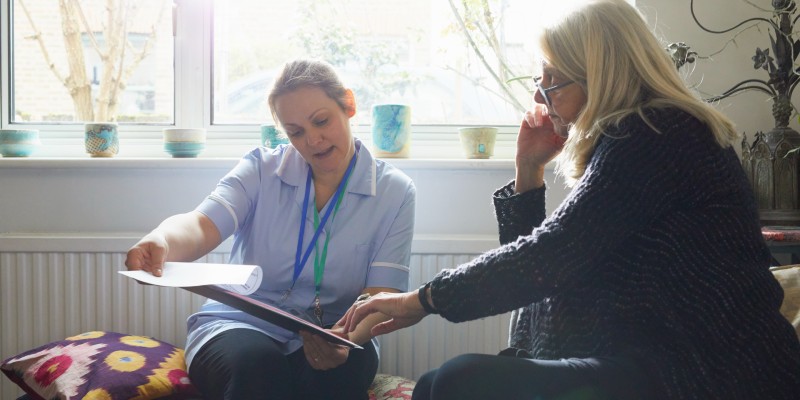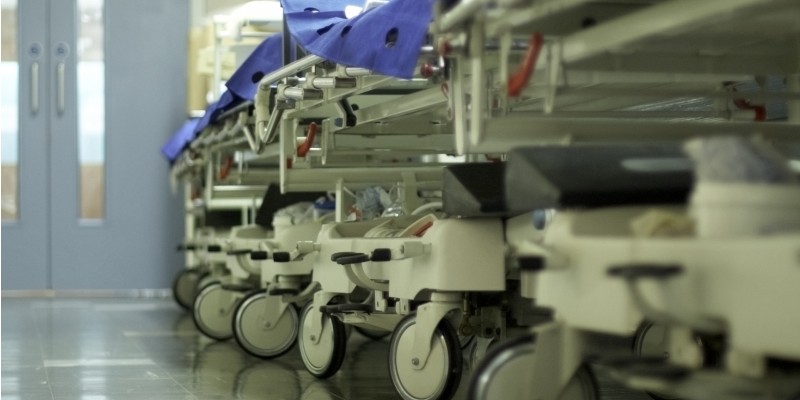News
RCN calls for investment as report reveals dire state of district nursing
Westminster government’s ambitions to shift care from hospital to community and from sickness to prevention will fail unless district nursing workforce is rebuilt

Connect with us:
The RCN is calling on ministers to urgently invest in district nursing, following a report from the Nuffield Trust that reveals a worse than feared collapse in the district nursing workforce, with one in four leaving the NHS in England in the past year alone.
According to the report, between 2009 and 2024, there was an estimated 24% increase in the need for district nursing due to the increasing and ageing population, yet the workforce has shrunk by 43%. This is comparable to a drop of 4,200 full-time equivalent district nurses.
It’s expected the demand will only continue to grow, with the report predicting an increase of 34% in the next 15 years.
We’re urging the Westminster government to use its upcoming workforce plan to reverse the decline and properly fund district nursing, or risk undermining its own ambitions to transform care.
The report also cites heavy workload as a factor by those leaving the workforce, while the lack of senior roles and access to professional training and development also impacts retention.
We believe that district nurses are central to the delivery of key pillars in the NHS 10-Year Health Plan in England.
- From hospital to community – they deliver expert clinical interventions in people’s homes and in the community, preventing unnecessary hospital admissions and enabling earlier discharge.
- From sickness to prevention – they support patients and carers to self-manage conditions, reducing avoidable hospital admissions and improving long-term health outcomes.
District nursing services also have the potential to save the NHS money, the report says. The estimated mean average cost to the NHS of a face-to-face district nurse visit – at £57 – is half that of an Accident and Emergency attendance, and around a fortieth of the cost of an average emergency short-term hospital admission.
RCN General Secretary and Chief Executive Professor Nicola Ranger said: “This report shows the value of district nursing to the government’s ambitions, but also how far this workforce has been allowed to fall. Numbers are half what they were over a decade ago, all while demand has risen and is set to continue to rise.
“Under these circumstances, it is little wonder these nursing experts face impossible workloads, with unpaid work the norm and now many choosing to quit altogether. You can draw a straight line through the failure to invest in district nursing and the crisis we see today in hospitals, crammed full of vulnerable people who should not be there.
“District nursing is among the best investments a government can make. They are key to delivering expert interventions to help people live healthier lives in their communities, their visits are vastly cheaper than expensive hospital admission, and they will be absolute vital in the success of the planned neighbourhood health service.
“The government’s focus on shifting care from hospital to community and from sickness to prevention is the right one, but it’s time for a reality check. It cannot be delivered on the backs of a depleted district nursing workforce or by damaging acute care provision at the same time. Ministers have a great chance to bring forward new investment in the forthcoming ten-year workforce plan or risk those very reforms becoming unachievable.”











